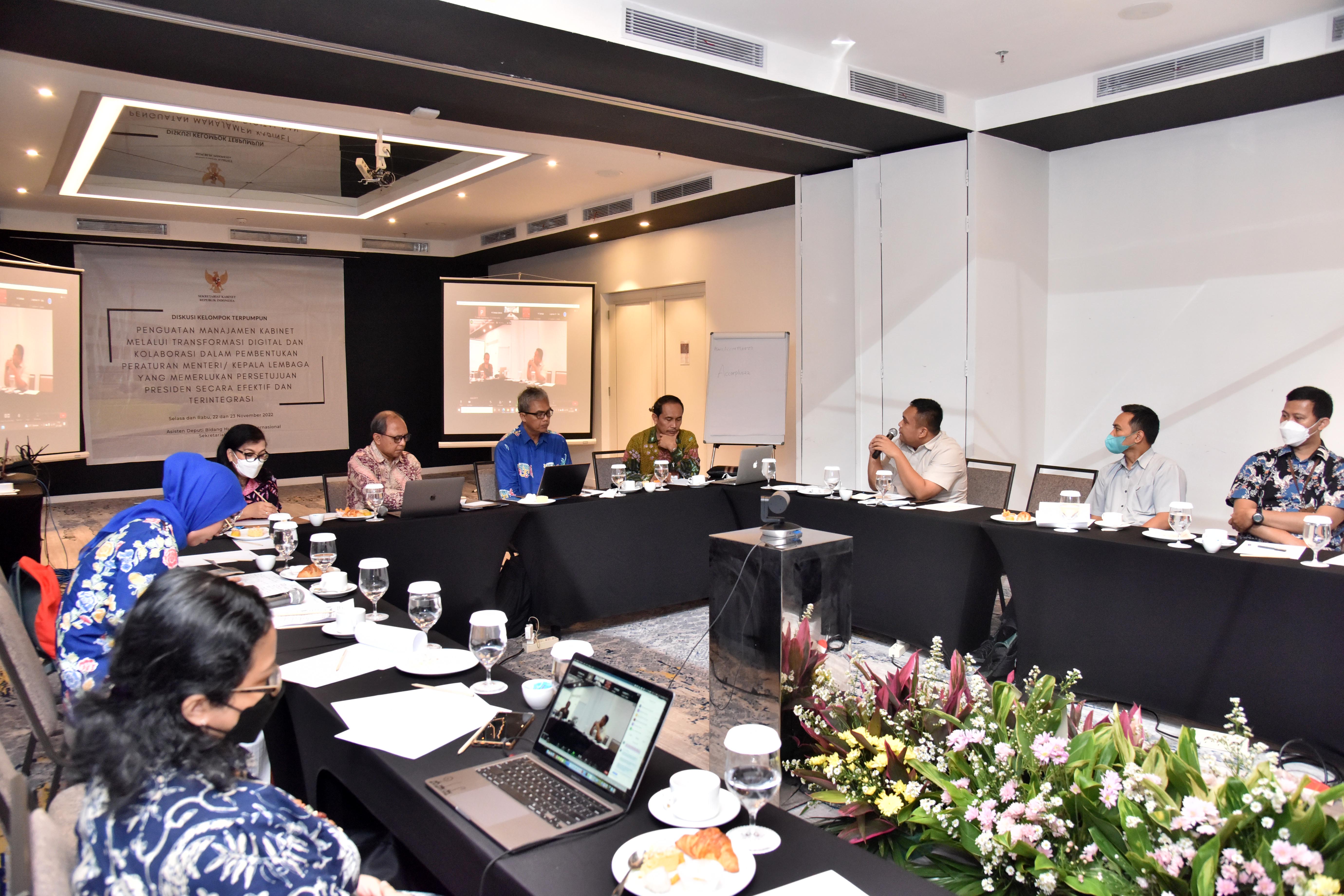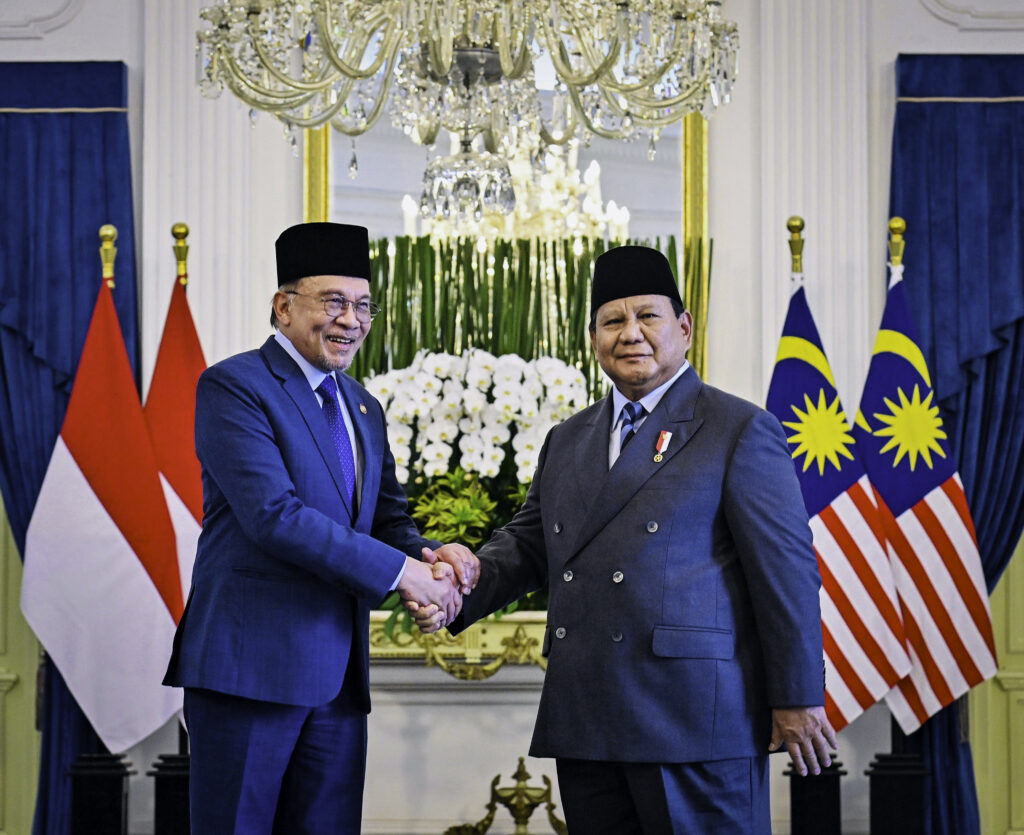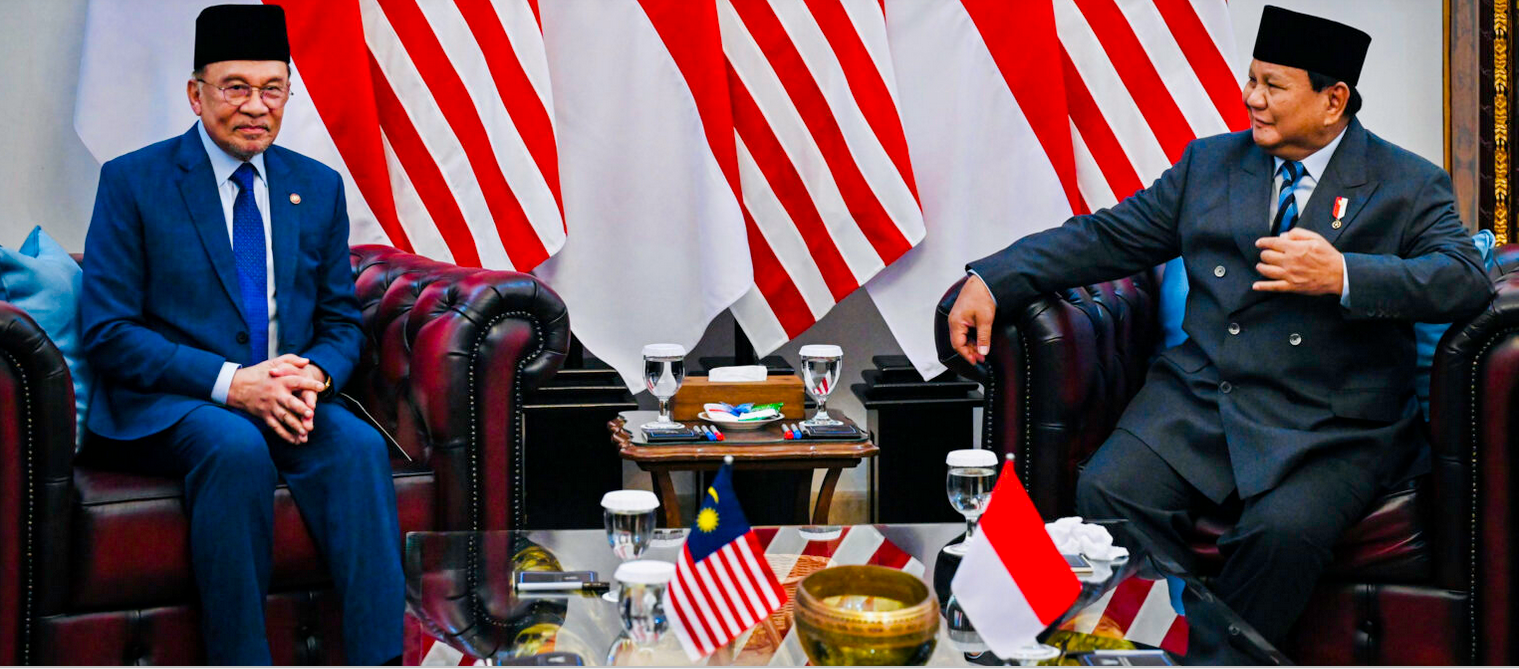Cabinet Secretariat Holds FGD on Digital Transformation, Collaboration in Drafting Regulations

Cabinet Secretariat Tuesday-Wednesday (11/22-23) holds a Focus Group Discussion on Strengthening Cabinet Management through Digital Transformation and Collaboration in Drafting Ministerial Regulations/Institutional Head Regulations Requiring Presidential Approval in an Effective and Integrated Manner, at the Mercure Jakarta Batavia Hotel, Jakarta. (Photo by: PR/Jay)
Deputy Cabinet Secretary for Political, Legal, and Security Affairs Tuesday-Wednesday (11/22-23) held a Focus Group Discussion (FGD) on Strengthening Cabinet Management through Digital Transformation and Collaboration in Drafting Ministerial Regulations/Institutional Head Regulations Requiring Presidential Approval in an Effective and Integrated Manner, at the Mercure Jakarta Batavia Hotel, Jakarta.
Assistant Deputy for International Relations Johar Arifin stated that the FGD was held following the rapid development of information technology, including in the government sector.
“Cabinet Secretariat has also made this effort, especially in the implementation of work and work process mechanisms since the stipulation of Presidential Regulation Number 68 of 2021 on Granting Presidential Approval to Ministerial/Institutional Head Regulation Bills,” he said.
Johar added that the development of information technology and communication systems is capitalized on by the Government to ensure that the services provided can be carried out quickly, effectively, and transparently.
He also said that digital transformation was expected to have a positive impact such as a paradigm shift from manual work mechanisms to digital work mechanisms, helping in realizing good and smart governance.
“Through this focus group discussion, we hope we can review it, get input from the speakers, to see or find what digital transformation mechanism is the right one for realizing good and smart governance,” he added.
For the record, the speakers came from related ministries/institutions and academics from tertiary institutions with the intent and purpose of synergizing between academic perspectives and ongoing practice.
In addition, Johar said that collaborative measures must be taken by each ministry/institution in the process of submitting the Ministerial Regulations/Institutional Head Regulations for approval.
He also underscored the vital role of Ministry of Law and Human Rights which is tasked with the harmonization process. According to him, the collaboration between the Ministry and the Secretariat is the vital key of the drafting process.
He also mentioned three criteria to pass the President’s approval namely having broad impacts on people’s lives, having a strategic role and is cross-sectoral.
“So, ministries/institutions who initiate it would hold cross-ministerial committee meetings to draft the regulations. After the drafting, it is then submitted for the harmonization process and in the process, it is then decided whether or not the President’s approval is necessary. If it is necessary, the initiator should submit the request for the President’s approval through Cabinet Secretariat,” he said.
Furthermore, Cabinet Secretariat has also collaborated with Ministry of Government Legislation (MOLEG) of the Republic of Korea particularly in efforts to develop human resources.
“On November 2, Cabinet Secretariat and MOLEG signed a Plan of Action,” Johar said.
For the record, the two institutions agreed to exchange information related to the drafting process of laws and regulations, cooperate in developing human resources, and strengthen legal and regulatory information systems between the two institutions. (FID/TGH/AIT/ST) (FI/EP)








